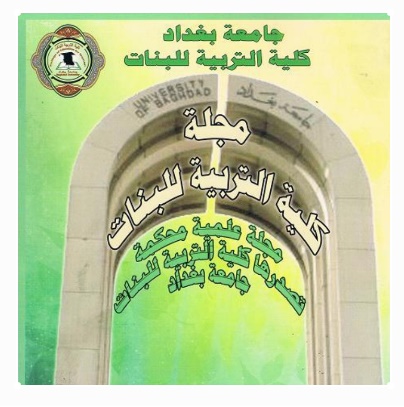Discourse Deixis in the American Political Speeches
Abstract
The feature that prevails in spoken political discourse - especially with regards to the fact
that it is otherwise used in the written one - is relatively high degree of formality. It is then just
logical that formality is usually accompanied with more polite forms and higher degree of
impersonality. Such discourse is characterized by the choice of specific vocabulary and syntactic
structures as well. However, there are some tendencies to bring political speech nearer to the
everyday discourse and that is why political speeches have been becoming more informal and
personal. Like any other types of discourse, the American political speeches are loaded with
deictic expressions that form an essential complementary part of any text.
The present paper aims at presenting a full presentation of the concept of deixis in general
and the discourse deixis in particular. This presentation is the subject matter of the first and
second sections of the paper. In the third section discrimination is drawn between two
overlapping concepts: discourse deixis and anaphora.
The main aim of the present paper is to investigate the discourse deixis in the American
political speeches, as a type of institutional talk, to find out the way this linguistic phenomenon
used in the American political speeches and to see whether there is a special strategy for the use
of the discourse deixis in this type of text. To achieve this aim, three American political speeches
have be downloaded randomly from the internet from the website
ofhttp://www.americanrhetoric.com/speeches/wariniraq,and analyzed carefully. Each speech is
delivered by a different politician; the first is for Barak Obama, the second is for Condoleezza
Rice, and the third is for Paul Bremer. The analysis of the discourse deixis represents the
practical part of the paper which is introduced in section four. The practical part also includes a
number of conclusions which the analysis has come with.

Published
Issue
Section
License
![]()
All articles published in Journal of College of Education for Women are licensed under a Creative Commons Attribution 4.0 International License.










